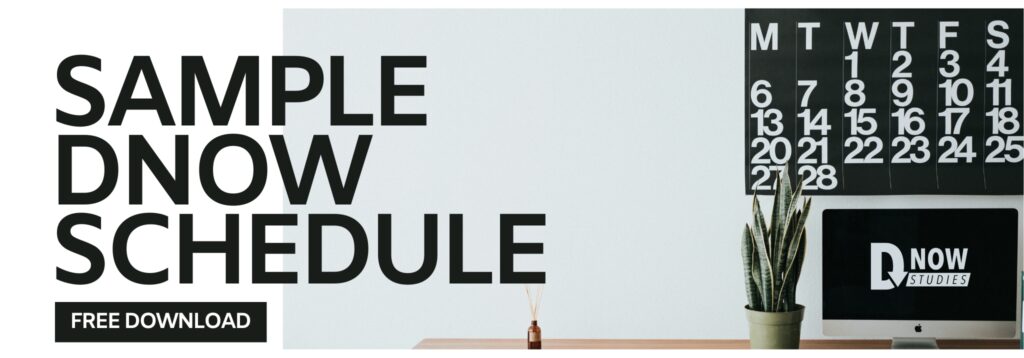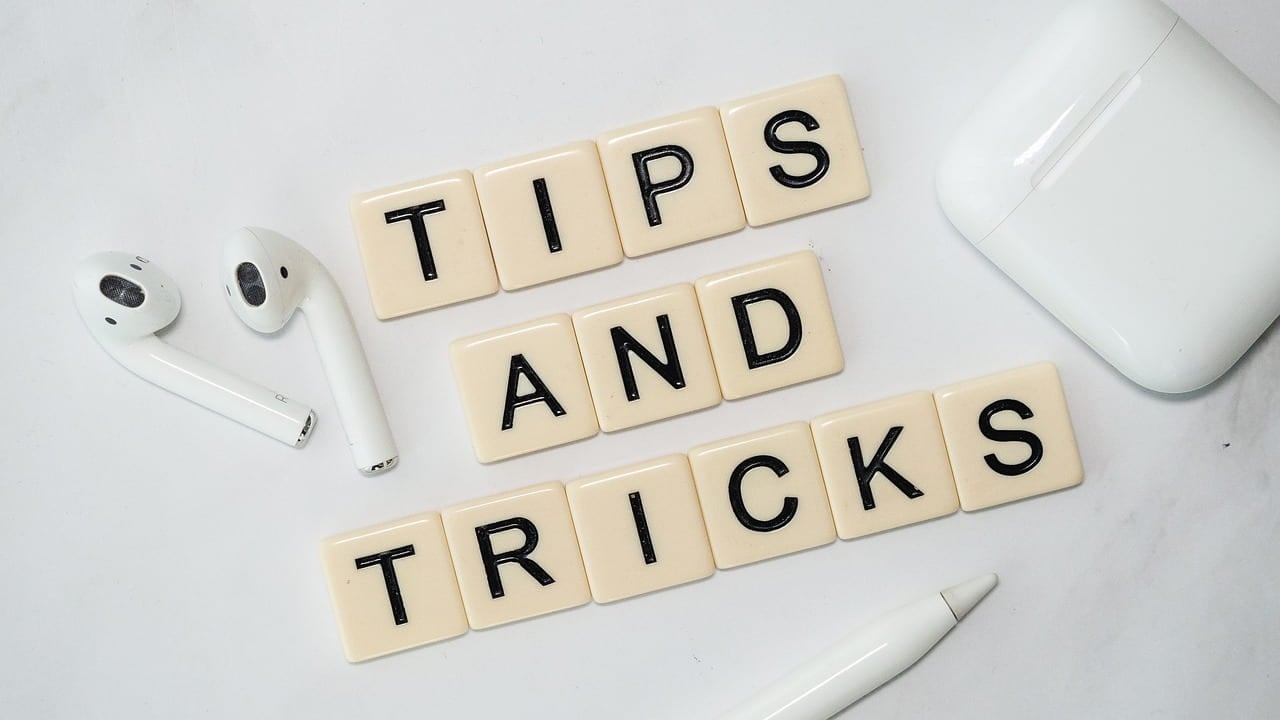The self-employed lifestyle holds great promise when you first start being self employed, however you quickly find yourself doing things that you would never have dreamed of. You are expected to take on role of salesperson, market researcher, accountant,...
The self-employed lifestyle holds great promise when you first start being self employed, however you quickly find yourself doing things that you would never have dreamed of. You are expected to take on role of salesperson, market researcher, accountant, lawyer and social media expert, while not getting paid for any of it. Your available funds do not allow for outsourcing and at times you are not even aware of what you don’t know. Luckily the internet provides a wealth of tips and tricks to make these tasks easier, and you might actually find that you enjoy taking on some of these challenges. Ensuring that you keep on top of your finances and tax obligations is among the most important of these tasks for which it is essential to have a system in place so that you can maximize tax deductions, minimize taxes payable and reduce amounts that you have to pay to CRA and RQ.
Digital Download Available at Amazon
Record Keeping and Organization
Ensuring that you maintain all your documents in an organized fashion is in some ways the most important task that a self-employed/small business owner should do. It is important to have a system , either using physical file folders or a paperless office type “accounting” folder on your computer, where you maintain all your invoices, bills, receipts, bank statements and government/tax documents. Filing the documents so that they are easy to locate makes life much easier at tax time. Even if you are not one to organize your documents regularly, at the least take the shoebox approach by keeping them contained in an area that is clearly designated for business documents. Organizing can then be done when necessary (which is ideally more than a week before your taxes are due).
Banking
Having a separate bank account and credit card for your business can be invaluable when trying to figure out your financial picture, particularly if you only do it once a year. It is also a great way to see your available funds and a quick way to calculate revenues and expenses in the absence of an accounting system. Ideally this is a business bank account which can be set up once you register your business (which is very easy to do in most provinces) and receive a business number. If you don’t have a business bank account, a separate personal bank account is ok.
Invoicing
For service based businesses, setting up a process to invoice your clients at a regular, periodic basis will improve your cash flow, reduce bad debts and help to reduce questions from your clients when they receive their invoice months after the service has been performed. There are numerous invoicing software available in the cloud, many of which are free. Alternatively, an invoice template can be set up in Word or Google Docs. If registered, you are required to reflect the GST and QST numbers on the invoice.
business expenses
CRA provides a list of deductible expenses with some detail on each one. Essentially, most expenses that are incurred to generate business income are considered to be deductible unless they are specifically disallowed. For example clothing expenses are generally disallowed. Professional fees incurred to buy a capital property (like a building) cannot be deducted as an expense and are instead added to the capital cost of the property. Expenses paid for in advance like a security deposit for rent are not deductible until actually used. There are also a number of specific rules with respect to meals and entertainment expenses.
Home Office Expenses
If you have the luxury of working from home, and this is your only office, you are allowed to deduct expenses that relate to your office plus a percentage of expenses that relate to your total home like mortgage interest or rent, insurance, property taxes, alarm, condo fees and utilities. It is important to keep all the bills and a record of the calculation if asked later. Repairs and maintenance can be deducted if they relate to your home as a whole (at the designated percentage) or the office specifically (100%), however costs relating to specific areas of your home are not tax deductible eg. if you renovated your kitchen, this is not deductible. Here is a list of Ideas to help you organize your home office
Cell Phones and Internet
Most of us use our cell phones and the internet for business as well as personally. These expenses are deductible to the extent that you can reasonably prove that they relate to your business. It is advisable to calculate personal vs business use and use this percentage when calculating the business expense to be deducted.
Automobile Expenses
If you use your vehicle to meet with clients or make sales calls, it is deductible. One caveat is that driving from home to your office is not deductible (this is not applicable if your office is at your home). If you lease your vehicle you are allowed to deduct up to $800 of monthly lease costs which then has to be prorated based on business vs personal use. You are also allowed to deduct the same percentage of license, registration, fuel and maintenance costs. It is important to keep an automobile log that includes all business related travel.
travel expenses
Expenses such as airline and train tickets, hotel rooms, and other travel related costs that relate to business are deductible. This is one of the most audited areas by CRA and RQ and as such it is very important to document the business reason for travel eg. meeting with clients or suppliers and to deduct any portion of the costs that are personal in nature. For example costs of tickets for your spouse or children should be deducted from the total travel costs. When adding a few vacation days to a business trip, the total travel costs should be prorated on reasonable basis.
Bad Debts
For deadbeat clients and customers that do not pay and you assess that there is significant likelihood that you will not receive payment, any amounts owing can be written off as bad debts which are an expense on your income statement. Any future collections can then be included at the time of recovery.
Tax Software/T2125 Statement of business activies
Unincorporated self-employed workers include their business income on Schedule T2125 of their personal tax returns. Tax software like Ufile and TurboTax has made filing your own tax return fairly straightforward, particularly if your business is simple. Most of them take you through an interview process. The T2125 statement of business activities requires the input of a NAICS code (a code that most closely matches your business activity). You would then enter your total revenues and expenses by category. If a category is not listed, you can create a category. The most complex sections of the return relate to 1) automobile expenses, where you have to enter details about your purchased or leased vehicle after which you would list the individual expenses including gas, repairs, registration etc. and 2) Capital cost allowance (CCA) where you choose a CCA class to reflect any high value purchases that are capitalized and subsequently depreciated.
business Losses
Even if you do not have much or enough income to cover your expenses, make sure that you still keep the bills and reflect them on your tax return. Most expenses can be offset against other sources of income, while home office expenses can be carried forward to be offset against future business income. Keep in mind, however, that ongoing losses will likely lead to an audit so it is even more important to have all you finances in order and well documented.
tax filing Deadlines/Penalties and Interest
The deadline to file your tax return is extended for Self-employed workers and their spouses is extended from April 30th (for regular folk) to June 15th. Any taxes that are payable, however, are due on April 30th after which you will have to pay interest on unpaid balances. If you do not file your taxes by June 15th, Revenue Canada and Revenue Quebec will impose a penalty. As such, even if you can’t afford to pay your taxes, it is advisable to file within the deadline and work out a payment arrangement.
Bonus Tip# 1: Save for Taxes!
When you are self employed, you are responsible for paying your own taxes to Revenue Canada. It is important to estimate how much you owe, to avoid unpleasant surprises, and put this money aside in a separate savings account so that you well equipped to pay it in April or June when it comes due. See video below for a simple way to estimate your taxes:
Bonus Tip #2:
Determine if you have to register for sales tax (GST/HST and QST). If so, make sure you invoice your Canadian clients the sales tax based on the province in which they are located. Note that you can also claim back taxes paid on expenses.
As always, having an accounting software to keep track of your business finances is extremely helpful. Excel sheets may be convenient, but they are not always accurate or pretty. Also, it is difficult to compile history from an excel sheet while with an accounting software you can analyse your business based on a variety of metrics including customer sales, sales by category, purchases by category and profit on different divisions. And despite the seemingly unlimited number of articles advising self-employed business owners on their accounting and tax issues, it is usually a good idea to consult with an accountant to ensure that you are on the right track and not overlooking anything important.
Ronika Khanna is an accounting and finance professional who helps small businesses achieve their financial goals. She is the author of several books for small businesses and also provides financial consulting services.
Subscribe to our biweekly newsletter to receive articles, tips, tools and special offers for small businesses.












